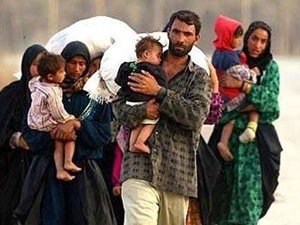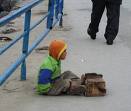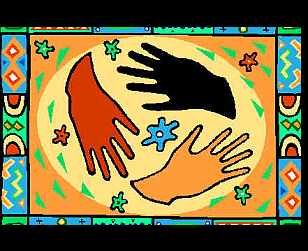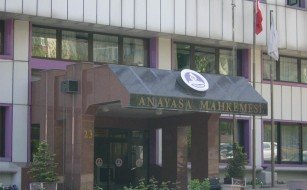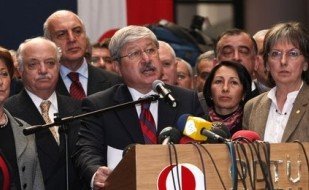The Basak Culture and Art Foundation in Istanbul has four full-time and sixteen part-time employees working with children on artistic and educational projects. It is located in an area of Istanbul with a high migrant population.
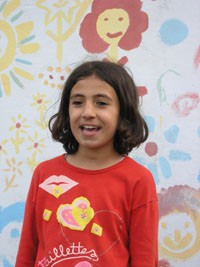 The foundation is currently working with 51 children aged 6-16 and 10 young people aged 18-27. As there is a 70 percent female quota, the majority of children are girls.
The foundation is currently working with 51 children aged 6-16 and 10 young people aged 18-27. As there is a 70 percent female quota, the majority of children are girls.
Many children from migrant families
Most of the children come from families which had to leave their homes because of the conflict between army and PKK. Many children thus come from southeastern cities, such as Mardin, Bitlis, Siirt, Tunceli, Igdir and Diyarbakri. However, there are also children from, for instance, the Black Sea region, from Samsun, Gümüshane, Ordu and Corum.
Low self-esteem
Ayse Tepe from the foundation told bianet that many children felt marginalised in Istanbul and had problems socialising and developing self-esteem.
“Children migrating to Istanbul are often in crowded families. Families are poor and may take children out of school in order to make them work. In addition, children may be marginalised because of their language, culture and identities. That is why they cannot express themselves.”
“The level of education in the families is low, they are often illiterate, and that is why their families are often unsuccessful in education. Because they pay rent, the families may have to move a lot, which means that children are taken out of familiar environments again.”
The secret, so Tepe, lies in discovering the skills and talents of the children.
Planting the seeds of hope 
“Becoming aware of their abilities and developing them creates more self-esteem. We and their families have also noticed that they become more wiling to share and help others, and more successful at school. That is why the families trust the foundation.”
The foundation is also running a project in Diyarbakir, a city which is overcrowded with migrants from the surrounding rural areas.
Children do not pay to take part in the educational and artistic programme. So far, 10,000 children have benefited from taking part in activities.
The foundation is also planning a rehabilitation centre, a migration museum, and a sinema workshop. (GG/TK/AG)






